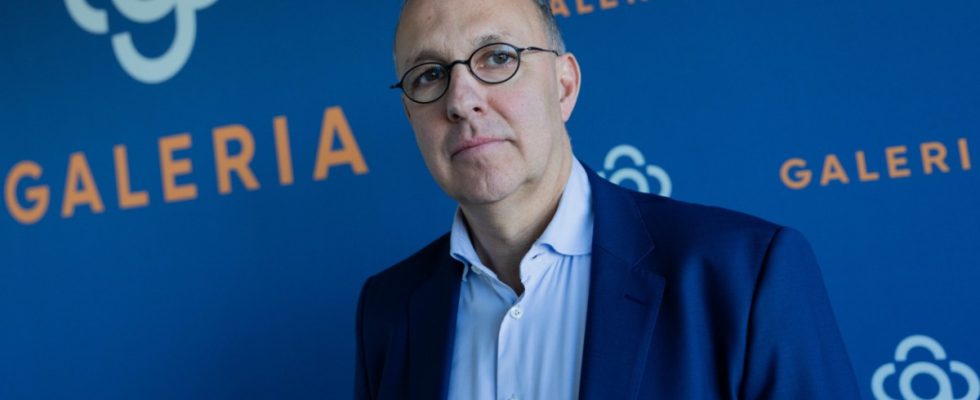Stefan Denkhaus said that bankruptcy is “like having to go to the hospital.” That means: unpleasant, but helpful and not necessarily the end. Or, as Denkhaus put it: “You can also be released from the intensive care unit.”
The only question is what condition the patient will leave in. It also applies to the severely ailing company Galeria Karstadt Kaufhof. As provisional insolvency administrator, Stefan Denkhaus is now supposed to save Galeria; ideally completely, but ideally a maximum of a large part of the department store chain with its 92 branches and – including part-time workers – a good 15,000 employees. It became apparent in the past few days that the Essen district court would assign this task to the lawyer with offices in Hamburg and Essen. And yet his appointment is a surprise.
Galeria Karstadt Kaufhof would be a fairly complex challenge for any insolvency administrator, given the diverse, difficult to understand connections with the ailing parent company, René Benkos Signa, which are ultimately largely responsible for the imbalance. Incidentally, this is Galeria’s third insolvency within three years and, bizarrely, in a phase in which the company has become somewhat caught up in its day-to-day business. As a provisional insolvency administrator, Denkhaus must, in accordance with the law, carry out a cash rush, sort creditors’ claims and explore what the chances of Galeria’s continued existence are and under what circumstances.
Does the patient survive? And in what condition?
The self-confessed HSV fan is considered an experienced insolvency expert. Someone who knows him closely describes Denkhaus as distant and cool, assertive and a team player. After studying in Bonn in the 1990s, the specialist lawyer for insolvency law joined law firms first in Schwerin and later in Hamburg. In 2006 he was one of the founding partners of the law firm BRL Boege Rohde Luebbehuesen.
Denkhaus’s professional qualifications are therefore undisputed. On the other hand, he has no experience from a procedure at a trading company even remotely comparable to Signa. And apart from more advisory and supporting activities in the wake of the insolvencies of Air Berlin, the East German agricultural group KTG, Denkhaus’ radius has so far been primarily northern Germany. As the insolvency administrator of Hamburg’s largest bakery chain Dat Backhus, the boat outfitter AWN, the Joybräu brewery, or at the Flensburg shipyard FSG, in whose sale to the dazzling investor Lars Windhorst he was involved as general representative in 2020. Judging by these processes, Galeria is a different caliber.
There are many people there who fearfully hope that Denkhaus will work more successfully than Arndt Geiwitz. The work of Galeria’s last insolvency administrator a year ago appears to many insiders and observers in an increasingly murky light when viewed as a whole. Geiwitz is partly responsible for the high rents that Galeria is suffering from. Rent payments to Signa von Benko, where Geiwitz was hyped as a renovator at the end of 2023, only to now declare that he had never worked there.
Geiwitz and Denkhaus know each other well, not least from the Gravenbrucher Circle, an association of 19 active and ten passive representatives from major German law firms. Almost a year ago, Stefan Denkhaus was elected chairman there. As the successor to Lucas Flöther, who many had expected to become Signa’s new, provisional insolvency administrator if necessary. It is small and manageable, the scene of those insolvency administrators with sufficient resources for large-scale proceedings like Galeria. The business is always lucrative; The fee is an impressive double-digit million sum. At least.

